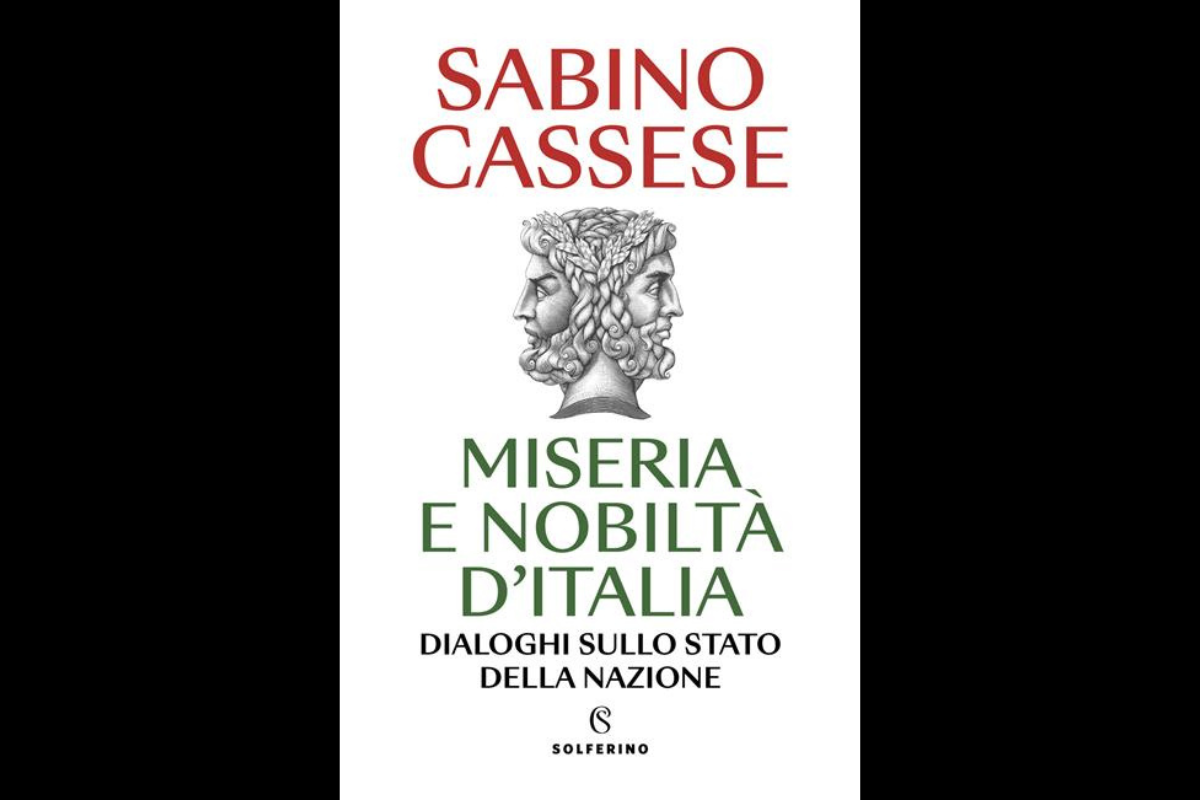Italy seen from Cassese

“Misery and nobility of Italy. Dialogues on the state of the nation" (Solferino) by Sabino Cassese read by Tullio Fazzolari
Bertrand Russell said that the annoying thing about this world is that while imbeciles are sure of themselves, intelligent people are full of doubts. In other words: it is better to be wary of those who flaunt unshakable certainties and ideological convictions. But the moment of choices always comes and intelligences can no longer be imprisoned by doubts. And the best way to get out of it is to compare opinions by evaluating the pros and cons. A common sense dialogue would be all the more necessary in the Italian situation in the face of institutional reforms, internal problems and dangerous international scenarios.
But since the political debate almost never goes in this direction, it is up to a jurist of great prestige like Sabino Cassese to bring everything back on track. His most recent book, “Misera and nobility of Italy. Dialogues on the state of the nation” (Solferino, 336 pages, 19 euros), is an analysis of all the issues that the country must face. Due to his mindset, Cassese does not enunciate dogmas or indicate mandatory solutions. On the contrary, “Poverty and Nobility of Italy” is a comprehensive exposition of all the arguments that should animate that debate which rarely appears in politics and the mass media.
To be able to give a complete picture of the opinions, a literary device was needed and Cassese finds it in the formula of the dialogue between two and sometimes three imaginary characters. In itself it would not be new. From Plato to Voltaire, many have already used it but it is the perfect choice to describe the Italian reality. Thus an optimist and a pessimist compare the current state of the Republic. Instead, I am a pro-European and a nationalist who discusses the future of the European Union. As for the dangers that could loom over democracy, the debate is between Demos and Ademos, whose names are inspired by Thomas More's "Utopia". And in the choice of names there is a touch of irony: Acolyte and Vote Catcher are the protagonists of the discussion on the weakness of the parties. If we then talk about sub-government and bureaucracy, there are actually three subjects involved: a politician, an entrepreneur and, naturally, a bureaucrat.
From these examples, it is already clear that "Poverty and Nobility of Italy" is an easy and pleasant book to read. However, the topics covered are all of extreme importance in the historical moment that Italy is going through. It is not a crisis but a delicate transition phase on which future balances and scenarios depend. From the role of the head of state to the reform of the judicial system, from local autonomies to international commitments in NATO and the European Union, the list of "unknowns" is long and Cassese does not neglect any of them but above all manages to give voice to them all the opinions behind each issue. And in this way with "Poverty and Nobility of Italy" it helps to understand and this is no small merit.
This is a machine translation from Italian language of a post published on Start Magazine at the URL https://www.startmag.it/mondo/litalia-vista-da-cassese/ on Sun, 17 Mar 2024 06:23:15 +0000.
